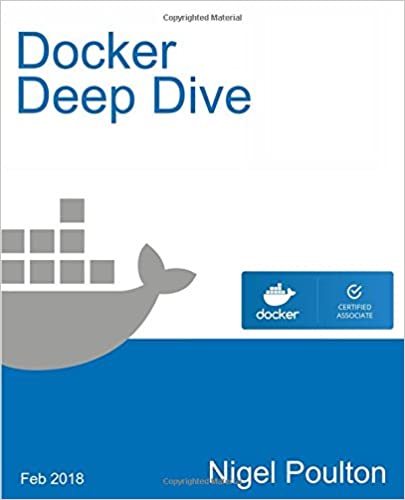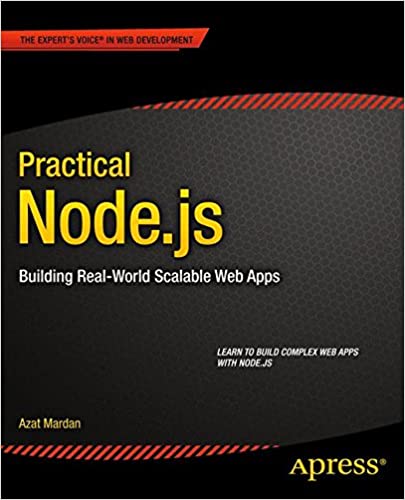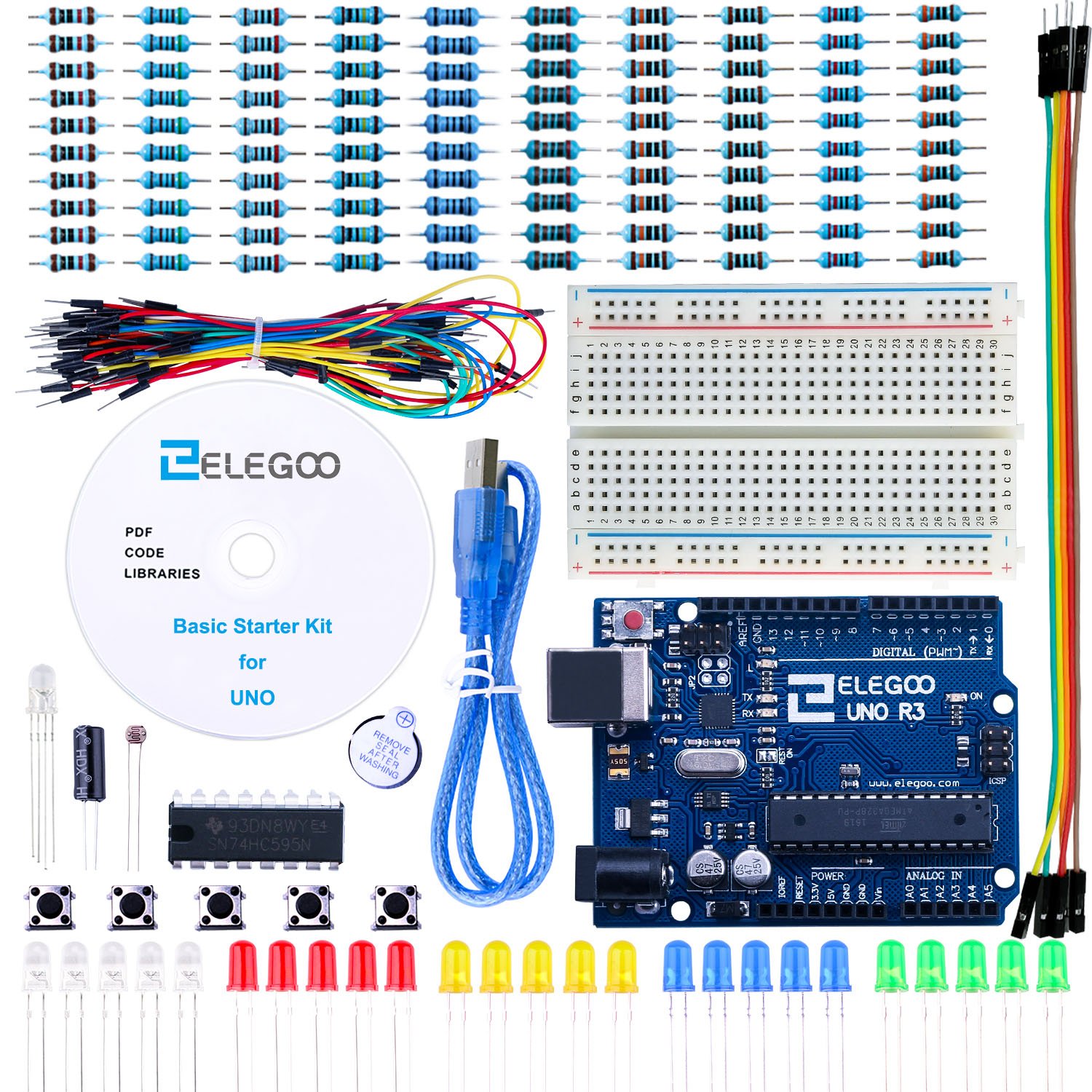; Date: Tue Aug 08 2017
Tags: Raspberry Pi »»»»
This video series goes over getting rid of the Cable TV box, and instead using the HDHomerun box from Silicon Dust. Silicon Dust makes a series of TV tuner boxes that are extremely flexible and out-of-the-box supports streaming television content to devices around your home network. The devices support multiple TV tuners so your household can watch multiple TV channels simultaneously, and there are many software DVR systems that can interface with Silicon Dust's products. The HDHomerun device is meant to replace cable TV boxes, letting you subscribe to cable TV systems without paying a monthly fee to lease hardware from the cable TV provider. Plus, because these boxes stream to devices over the local WiFi, there's no need to rent multiple cable TV boxes. The project uses the PLEX media server, including running the PLEX software on a NAS drive. In the second video he presents a very expensive solution. In the third video he presents a preferred setup using a Raspberry Pi as the DVR running LibreELEC, the Raspberry Pi version of Kodi. The result is a very nice looking DVR and TV Tuner. A NAS drive is used as mass storage for the DVR, and he also integrates Kodi/LibreELEC into an existing PLEX media server he has on his network. It's claimed he saves about $60 per month on cable TV fees. You can completely eliminate cable TV fee's by using over-the-air television, and Silicon Dust sells products for that purpose. Kodi is a system for organizing "Media", whether that's Audio, Video, TV Shows, or Photos, for viewing on televisions. It has a "10 foot" interface meaning it's meant to be used from the couch via a remote control. LibreELEC lets you run Kodi on small computers like the Raspberry Pi.











